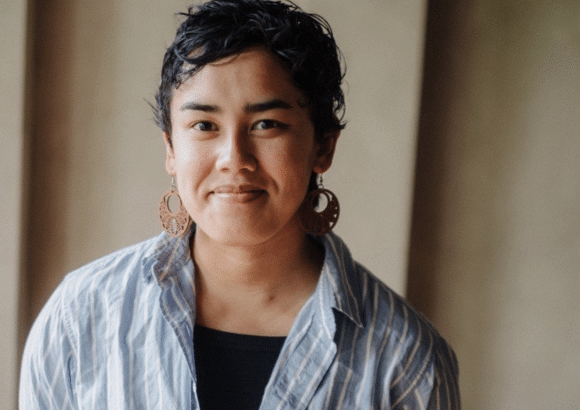As an organization devoted to passing policies that support thriving communities, we have long advocated for the importance of the commonsense capital gains tax – which is funding education and child care in our state. And since its passage, we’ve been working to protect this policy from efforts by the ultra-wealthy and special interests to overturn it (Check out our many fact sheets on the capital gains tax.) As such, we of course endorse a NO vote on Initiative 2109, which would eliminate the tax.
Now as ballots are out and the election is around the corner, we want to remind you why you should vote no on I-2109 – and take this opportunity to make sure you know why Initiatives 2124 and 2117 are also bad for our state.*
The TL;DR is that these initiatives undo critical progress that advocates, grassroots leaders, organizations, tribal nations, lawmakers, and so many more have made in recent years to support kids, teachers, elders, people with disabilities, and our environment.
The initiatives at a glance
INITIATIVE 2109
Initiative 2109 would undo the capital gains tax – paid by fewer than 1% of Washington state’s richest residents – that is providing critical funding to early learning and schools. In its first two years alone, this modest 7% tax on high-end stocks and bonds has raised more than $1.3 billion. Revenue from the tax has helped support:
- Improvement in schools so students aren’t overcrowded in dated facilities. Capital gains tax revenue is funding school construction projects like the new Bethel High School in Graham, seismic safety projects at Taholah School District in Grays Harbor County, and the Tri-Tech Skills Center in Kennewick.
- Capping copays to make child care more affordable for parents.
- Grants to expand child-care facilities. Revenue from the capital gains tax has provided grants to thousands of child care providers, especially providing additional specialized services for children with specific needs.
All of this boosts the economy and helps people build a brighter future for their loved ones. What’s more, this tax also makes our tax code more equitable by taking a step to ensure the ultra-wealthy are paying their share.
A NO vote would be an investment in the future of kids, families, schools and child care workers.
______________
INITIATIVE 2124
Initiative 2124 would lead to the collapse of our state long-term care benefits program. Most of us will someday need assistance with daily tasks, and this benefit will help cover the costs associated with home care, medical equipment, and other supports and services. If 2124 passes, it will bankrupt the long-term care program, taking benefits away from 3.9 million Washingtonians enrolled today. This would especially impact:
- People with pre-existing conditions who are often denied private long-term care insurance – including people who have cancer, diabetes, and high blood pressure.
- Caregivers – who are typically working women, who often leave their jobs or scale back their hours to care for loved ones. This ultimately creates huge financial stress for families.
- Middle- and low-income families who are least able to afford private long-term care insurance or must pay out of pocket for care. This will push more families into debt.
I-2124 is misleading. It’s true impact would be to eliminate our state long- term care program, which only benefits big private insurance companies.
A NO vote would protect the health and well-being of millions of seniors and people with disabilities.
______________
INITIATIVE 2117
Initiative 2117 would roll back our state’s landmark clean air law and mean more pollution. I-2117 would repeal our state’s Climate Commitment Act, which is our state’s cap-and-invest program that places a fee on pollution, which incentivizes companies to invest in clean energy alternatives. So far, this fee has generated $2 billion for our state. The ripple effect of I-2117’s passage would be harmful across Washington. I-2117 would:
- End protections for clean air (which especially impacts people with asthma and heart disease) and clean water
- Cut funding for clean public transportation.
- Devastate investments in Tribally-led conservation programs.
- Cut funding for fish habitat and salmon recovery projects.
- Cut funding for trees in low-income and BIPOC neighborhoods that don’t have protective tree canopies because of policies that prioritized rich, white neighborhoods.
- Roll back investments in wildfire prevention.
We cannot afford to undo critical efforts to protect communities across Washington from the climate crisis.
A NO vote would protect our air, water, farmlands, and neighborhoods now and into the future.
Take action in this election
There’s a reason why so many people and so many organizations – including health care organizations, labor unions, racial justice organizations, businesses, and environmental groups – are coming together against these initiatives. They’re bad for Washington. Vote NO and get your ballots in the mailbox or a ballot drop box by November 5.
***
* The Budget and Policy Center does not have a position on Initiative 2066, which would block state and local governments from discouraging the use of natural gas and undo efforts to promote electric heat pumps over natural gas systems. Many organizations we partner with are endorsing the No campaign. Find detailed analysis on this initiative from Sightline Institute, and a shorter explainer in Axios Seattle.

